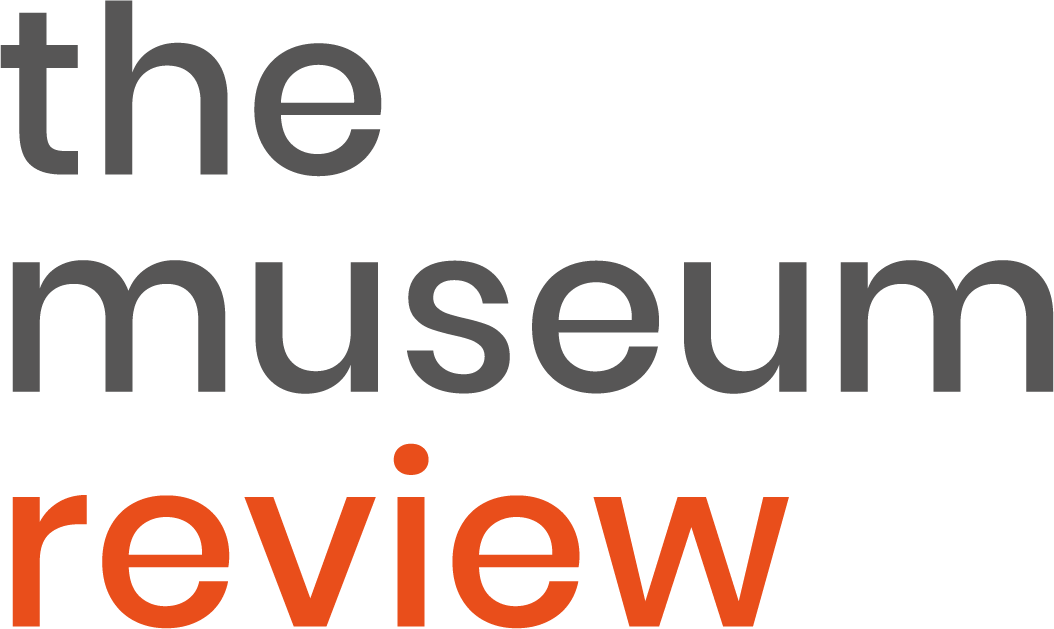WHAT
Each article published in The Museum Review is freely available without charge to the user or her institution. Users may read, download, copy, distribute, print, or link to the full texts of the articles, or use them for any other lawful purpose, without asking prior permission from the publisher or the author. There is also no fee for authors to submit articles for consideration or to publish in The Museum Review.
Gold level Open Access journals permit free online access to peer reviewed articles, multi-media material, and scholarly research. The full text of an article, not merely its abstract or summary, is made Open Access (free and available) immediately upon publication, and the publisher's typeset PDF is deemed the version of record. Authors retain the copyright over their work despite the material's free availability online. Among a variety of differences, Open Access GREEN publications do not conduct peer review, as do the Open Access GOLD standard journals.
The Budapest Open Access Initiative defines Open Access: "free availability on the public internet, permitting any users to read, download, copy, distribute, print, search, or link to the full texts of these articles, crawl them for indexing...or use them for any other lawful purpose without financial, legal, or technical barriers other than those inseparable from gaining access to the internet itself. The only constraint on reproduction and distribution, and the only role for copyright in the domain, should be to give authors control over the integrity of their work and the right to be properly acknowledged and cited."
Open Access refers only to access, the lawful sharing of information, and not to a business model, a licensing agreement, or to a journal's content. Gold level Open Access journals use the same procedures and have the same high standards as peer reviewed non-Open Access journals, which users must pay a fee to read individual articles or pay for a subscription.
WHY
Removing price barriers for readers (for subscriptions, licensing fees, pay-per-read fees) and significant permission barriers (extensive copyright and licensing restrictions) creates an accessible alternative to spread ideas that takes full advantage of the internet for widening distribution and reducing costs.
Authors are granted a worldwide audience that is larger than a subscription-based journal can offer, increasing the visibility and impact of their work.
Readers are granted barrier-free access to material needed for research or work that is unconstrained by budget. All students, teachers, universities, practitioners, museums, and libraries are on equal footing, meaning the access to important work is not dependent upon the wealth of the individual or institution.
Open Access journals increase funding agencies' return on their investments in research or programming, making the results of the funded project more widely available, more discoverable, more retrievable, and hence more useful. If funding agencies disburse public funds, Open Access helps by providing fundamental fairness to taxpayers, and public access to publicly-funded work. A growing number of countries require publicly-funded material to be shared via Open Access. The general public, also, is granted access to Open Access peer reviewed material, most of which is unavailable through the public library system.
Rogers Publishing, TMR's 501(c)(3) nonprofit publisher, has elected to pursue Open Access journals in order to grant public access to ideas in order to advance knowledge across our field. Please donate to keep the journal free for all.
HOW
While free to users, Open Access journals are not free to produce or publish. Diverse costs exist including paying for website domains, article archiving, article submission software, article indexing, Digital Object Identifier fees, hardware, office space, insurance, and time to manage volunteer Editors and peer reviewers.
The Budapest Open Access Initiative notes that "free is ambiguous. We mean free for readers, not free for producers. We know that open access literature is not free (without cost) to produce. But that does not foreclose the possibility of making it free of charge (without price) for readers and users."
Since readers do not cover any costs, Open Access journals typically charge a minimal article processing charge when articles are accepted for publication, which is paid by the author or the author's sponsor (museum, university, project funder). Fees are waived in cases of economic hardship.
Editors and peer reviewers have already expended significant volunteer time and work on each article before articles are accepted for publication. The processing fee helps to cover the overhead costs associated with producing, archiving, and indexing the work online, but does not cover the associated costs in full.
There is no fee for authors to publish in The Museum Review thanks to its publisher, Rogers Publishing. As a 501(c)(3) organization, Rogers Publishing accepts grants and other donations from individuals and institutional funders to help cover the varied general operating expenses. RP is aware that barriers continue to exist: RP texts are currently published only in English; the journal sites may be censored by certain governments, schools, or employers; the web pages are not fully accessible to all users; and the digital divide keeps billions offline.

